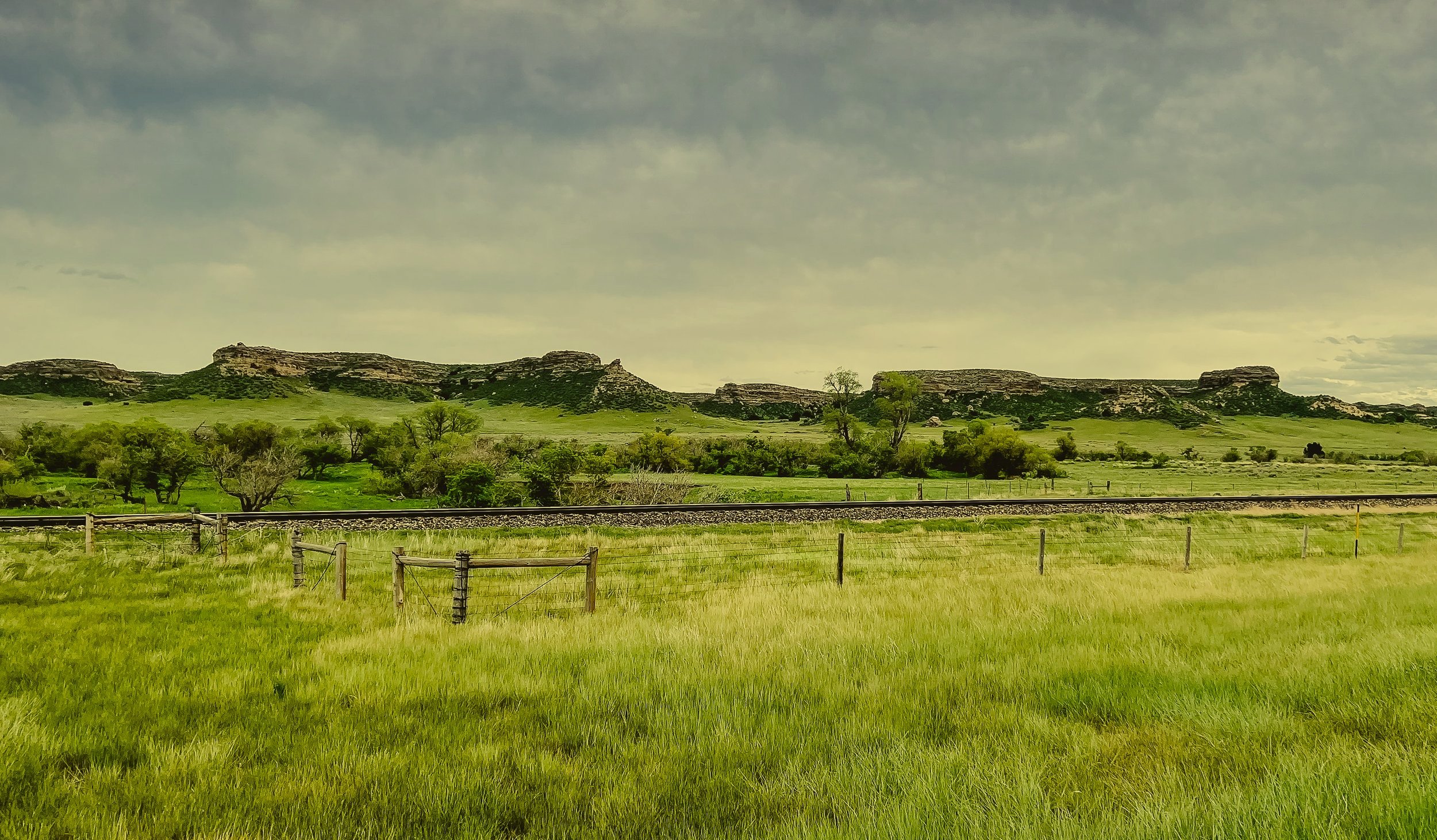Wyoming is a special place.
From our rich western history, to our world-famous chili, to the old-fashioned family baseball games that fill our summer nights, small towns like Chugwater are the very best of Small Town America.
However, for our community to thrive, it needs a strong school.
While rural communities are home to 14% of the nation’s total population (and 19% of the nation’s students), for years, the attention of researchers, policymakers, and the media has focused on the challenges and opportunities in the country’s urban centers.
As a result, small rural schools often get left in the dust.
Our community is filled with talented, resilient, and resourceful individuals.
With these resources, we have the ability to create an engaging atmosphere that cultivates our children’s creativity and curiosity.
In charter schools across the country, rural parents are gaining a voice in the education of their children.
Our vision is to create a school that focuses on individualized learning plans built on students’ unique interests, while providing a robust foundation in core subjects in the process.

The Prairie View Community School Mission
Our mission at Prairie View Community School is to cultivate
critical thinking, communication, and collaboration
through unique learning opportunities in and out of the classroom.
Through this project-based environment,
we will empower our students to become lifelong thinkers who are responsibly
and respectfully committed to themselves, their community, and world.

What is a Charter School?
A charter school is a publicly funded independent school established by teachers, parents, or community groups.
Because of this, charter schools are tutition free and locally-controlled.
What’s the Difference?
-
Public Schools
In a public school, all curriculum and standards are prescribed by the state or other federal entities.
Public schools only receive funding if they meet the requirements laid out by the state
-
Charter Schools
A charter school is a public school with more options. They are “schools of choice,” which means they are able to set their own unique educational goals.
Charters receive funding from the state when they obtain these objectives.
-
Private Schools
A private school is a school that’s exclusively supported by private organizations or individuals.
Therefore, these options are not supported financially by the government and parents have to pay for their children to attend these schools.

What is Project-Based Learning?
Project-Based Learning is a teaching method in which students learn by actively engaging in real-world and personally meaningful projects.
Our vision for Prairie View Community School is to not only provide a robust foundation in core subjects, but to foster a love of learning through individualized learning plans built on students’ unique interests.
Learning Comes Alive
Project-Based Learning requires critical thinking, problem solving, collaboration, and various forms of communication. To answer a driving question and create high-quality work, students need to do much more than remember information. They need to use higher-order thinking skills and learn to work as a team.
Real World Skills
Students work on a project over an extended period of time – from a week up to a semester – that engages them in solving a real-world problem or answering a complex question. They demonstrate their knowledge and skills by creating a public product or presentation for a real audience.
Preparing for the Future
This model can be transformative for students, especially those furthest from educational opportunity. Now more than ever, we need young people who are ready, willing, and able to tackle the challenges of their lives and the world they will inherit - and nothing prepares them better than Project-Based Learning.

Benefits of Project-Based Learning
Deeper engagement and interaction with learning content
Encouragement of higher order thinking and problem-solving skills
Development of peer and professional networks
Engagement with potential employers and career mentors
Fostering of 21st century skills like collaboration and communication
Enhanced autonomy and agency in learning
A sense of mastery and self-efficacy
Gaining valuable career insights.
“Project-Based Learning is the untamed space between the art of teaching and learning and the place we call life.”
— Jill Ackers-Clayton
Other Unique Features of PVCS
-

Place Based Education
Wyoming is a unique place with much to offer. By incorporating Place Based Education in our curriculum, we can immerse our students in our local heritage, cultures, landscapes, opportunities and experiences.
-

Career and Technical Options
Regardless of whether students are headed for college or the workforce, this type of hands-on education will help them prepare for the future.
-

Internships/Mentorships
Connecting students with local businesses and mentors allows them to have an active, hands-on, learning experience where they can experience real world applications of content. This is where learning comes alive.


